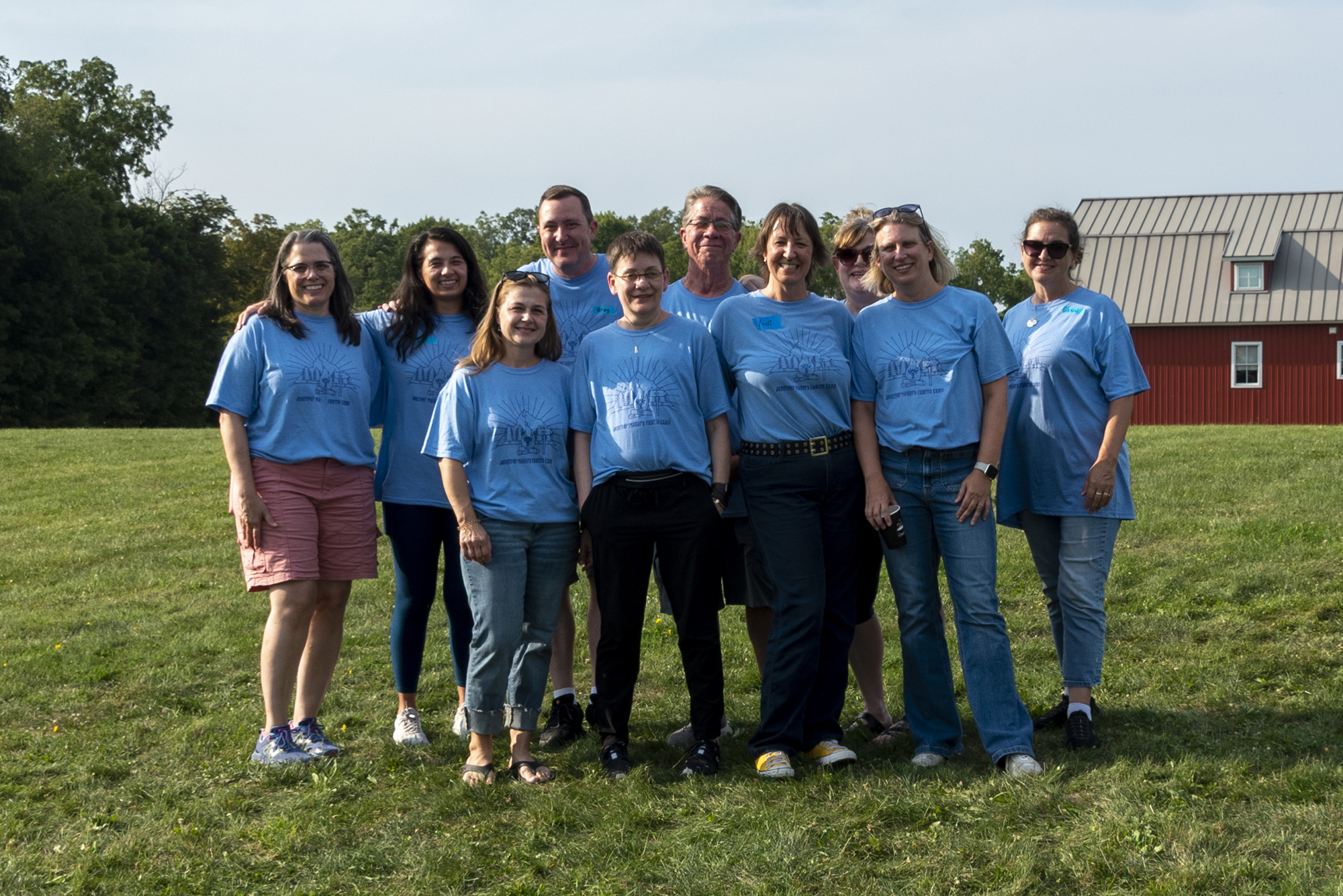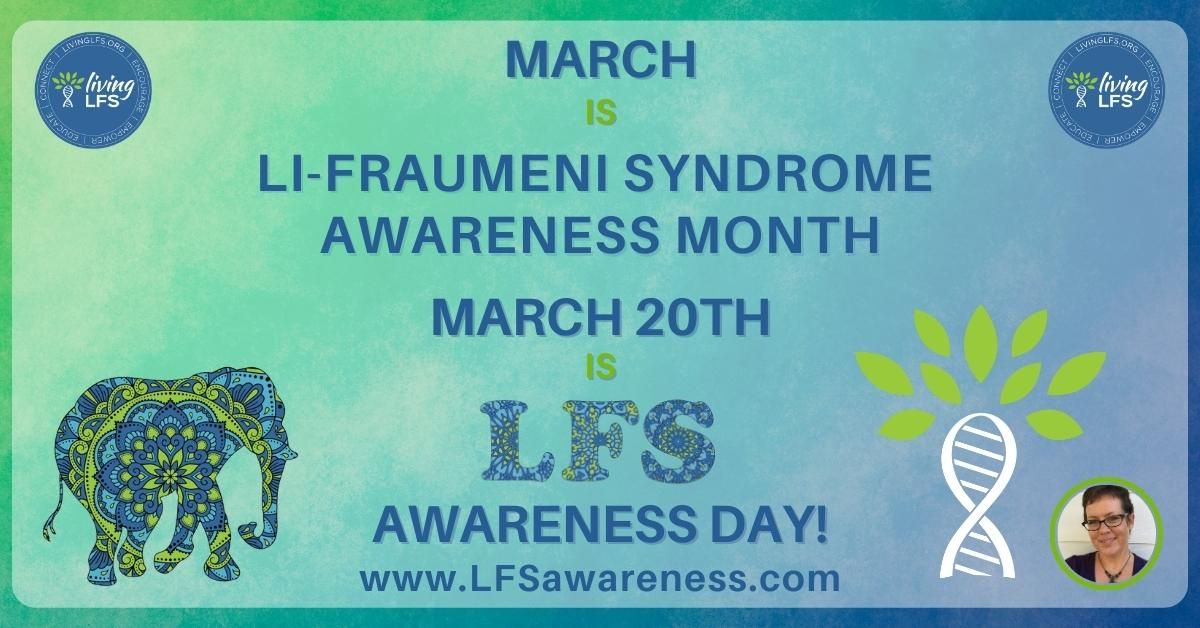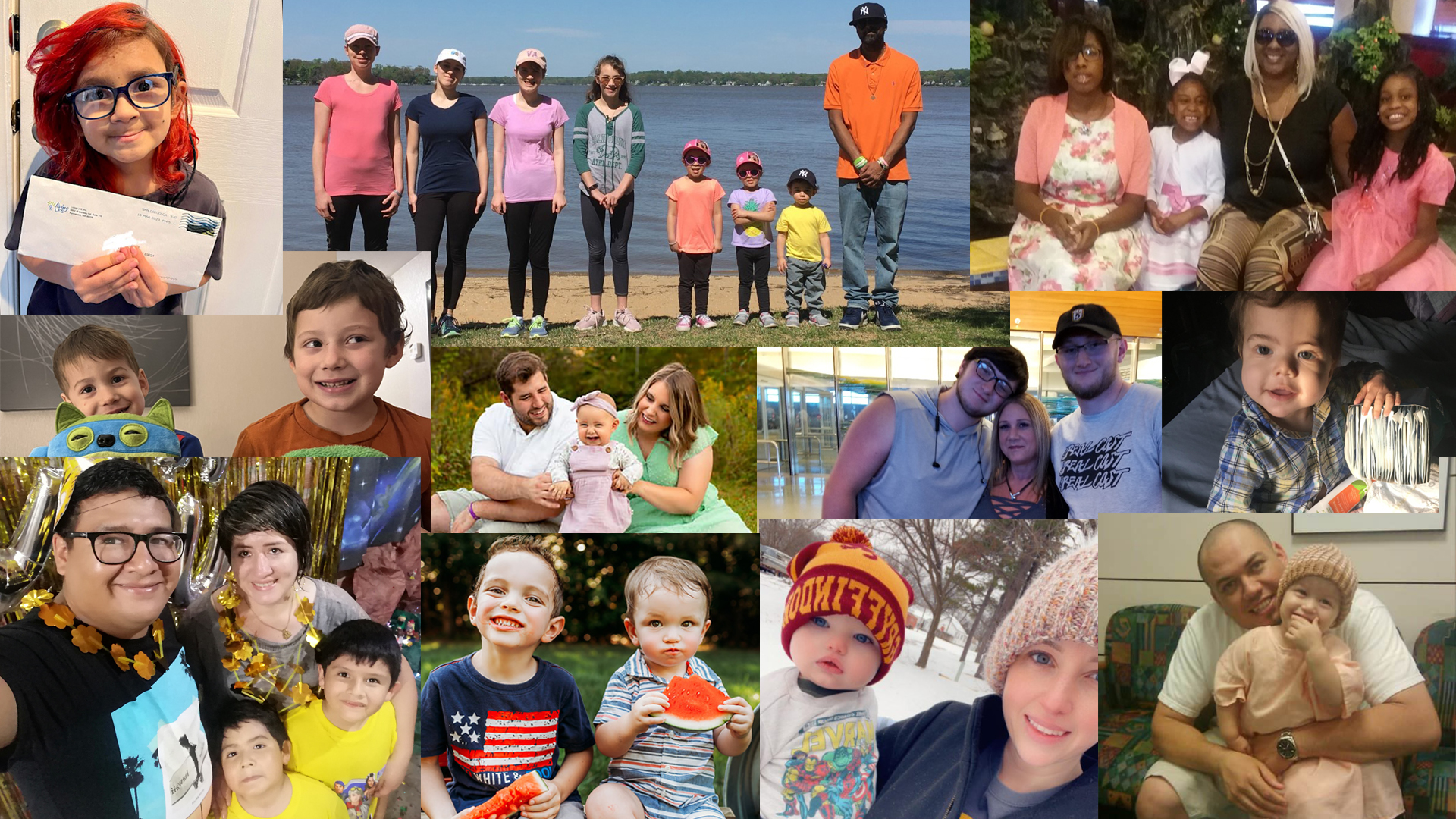With LFS, we deal with rare tumors, sometimes multiple tumors and often times multiple family members with cancer at the same time. All the while, we are trying to protect ourselves from more cancer. It is a pretty heavy burden physically and emotionally. I find it helpful to have certain tenets or principles to guide my family through the hard decisions. One of those tenets is to Fight the Shark Closest to the Boat.
 |
| Fight the Shark Closest to the Boat |
When facing cancer, there are many decisions regarding treatment, quality of life, and care. It is important to know where you are going before you can chart the path. When you have a hereditary cancer syndrome like LFS, that path has so many possible tangents, you could get bogged down in what if's and possible outcomes for years. That is when you have to just face the shark that is the closest to the boat. When my daughter and I were diagnosed with multiple tumors, the most aggressive tumor became the closest shark. In her case it was the adrenocortical carcinoma, in my case it was the invasive breast cancer. For some, the sharks may threaten quality of life, others may feed off of quantity of life. Sharks are the threats to you in your life raft, you decide how many there are and how close they are.
I remember talking with my daughter's oncologist and hearing that a possible side effect of chemotherapy was treatment induced leukemia. If we were already prone to cancer, why would I give her a toxic treatment that would possibly cause more cancer? He nodded, I may have been his first patient with LFS, but this was not a new concern. He explained that with children, they do take extra care knowing that the long term effects of chemotherapy and other treatments could cause problems but that the hope was survival and the best chance at survival was treating the cancer to the best of their ability. Essentially if the shark closest to the boat gets you, it doesn't matter that there might be other sharks waiting in the wings.
Other times the sharks become the many tests and scans that are ordered to diagnose cancer. Mutants are sensitive to radiation and we do our best to avoid scans that increase our risk of sprouting tumors. But risk is relative. Risks taken for screening when no cancer is suspected is different than scans ordered to determine if a lesion is malignant. If you have a potential malignancy, that is your shark. You get to decide how to battle it. Sure radiation exposure is another shark- but that shark is a lot further away than the possible malignant shark. You have to get through the first battle in order to worry about the next.
Sometimes the shark is insurance obstacles or day to day concerns. Using this analogy can help you prioritize and determine which battles you need to focus on and which you might be able to put off. Sometimes fighting the shark closest to the boat is a part of Living LFS.
-Jen Mallory



